At the crucial meeting, leaders will decide whether to push for a quick trade deal before President Donald Trump's July 9 deadline or escalate negotiations for more favorable terms.
The European Commission, which leads trade negotiations on behalf of the EU, has presented both possibilities to member states, asking how they should respond to the looming deadline. According to EU officials and diplomats, most countries in the bloc are in favor of a quick deal, provided that there are "rebalancing" measures against tariffs.
Merz “Escalation Benefits No One”
Speaking in parliament on Tuesday, German Chancellor Friedrich Merz emphasized that the trade crisis with the United States must not deepen. "I know that the European Commission is negotiating with great care on this issue and has our full support. I hope that by the beginning of July we will reach a solution with the United States," Merz stated.
Washington continues to threaten to maintain the current 10% tariffs and to raise them to 50% if negotiations fail. The EU is currently facing US tariffs of 50% on steel and aluminum, 25% on cars and auto parts, and 10% on many other products.
EU puts EUR 21 Billion Tax Preparation on Hold
So far, the European Union has not activated its pending tariff plan on EUR 21 billion of US products. But negotiations on a new tariff package of up to EUR 95 billion are underway. While some countries in the bloc want to soften these countermeasures, others are inclined to accept the current 10% floor rate in order to protect companies.
According to EU diplomatic sources, there is no desire to escalate tensions with the US. Of the 27 EU leaders in The Hague for the NATO Summit, 23 are expected to come directly to Brussels to finalize the decision. Most leaders want to avoid following military cooperation with economic conflict.
“There is a group of countries that want to protect companies; they accept what they are used to, which is a base rate of 10%,” an EU diplomat explained.
Crossroads: Resistance or Deal?
The key question for EU leaders is whether to avoid a crisis on the economic front by reaching an agreement within the deadline set by Trump, or whether to escalate the struggle to create a more favorable trading floor. In the words of Friedrich Merz, the EU is showing that it is “ready for various options”.
As a result, whether the EU will agree to a deal in the short term and how it will implement possible rebalancing measures will become clearer at this meeting in Brussels.
Reuters


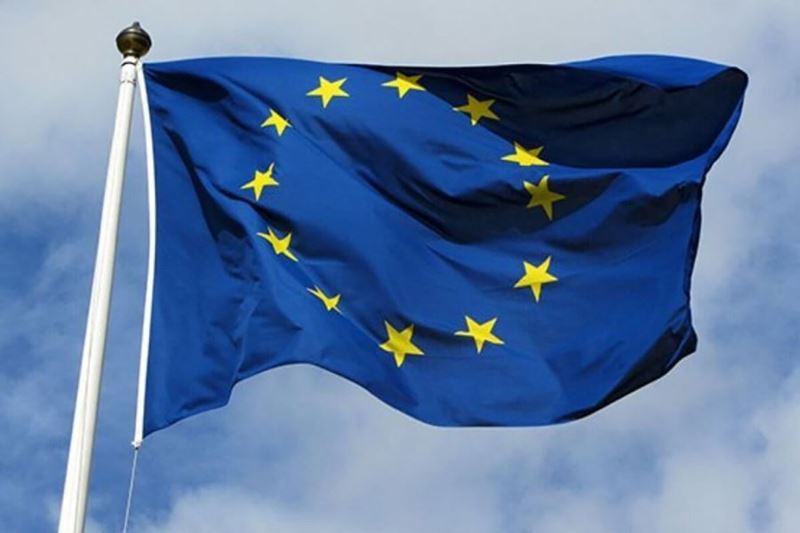

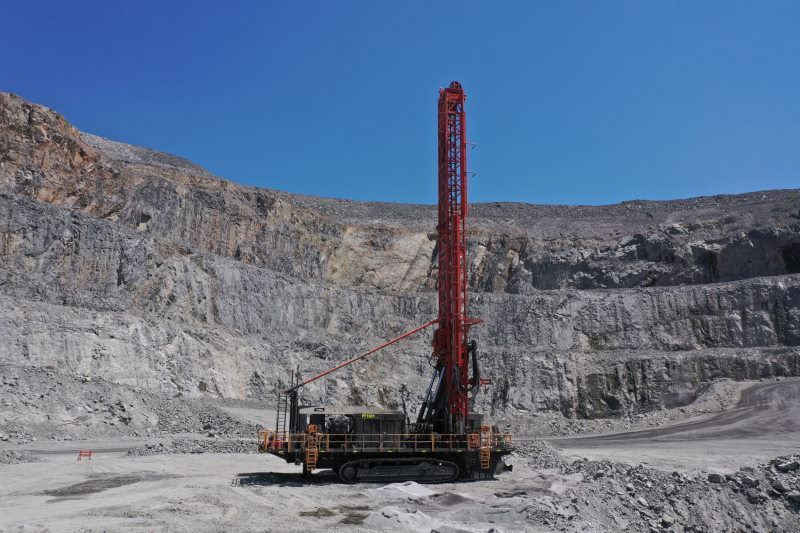
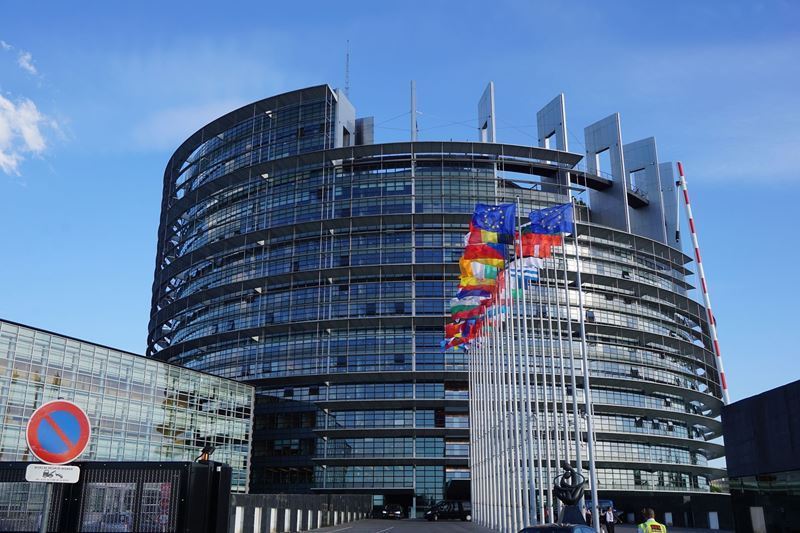
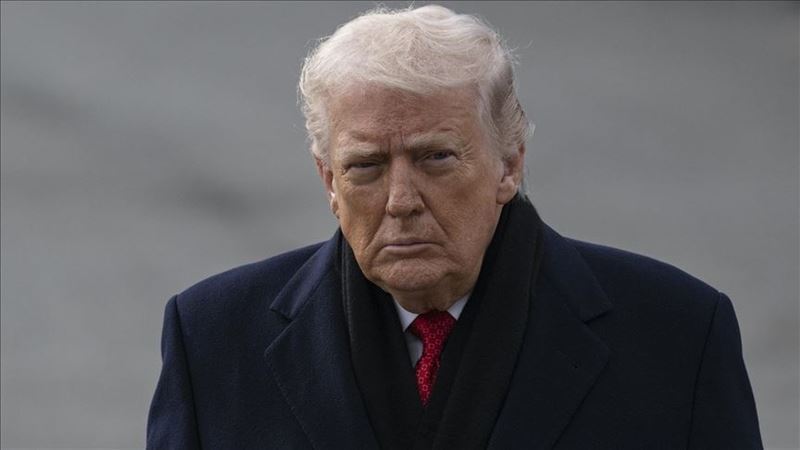
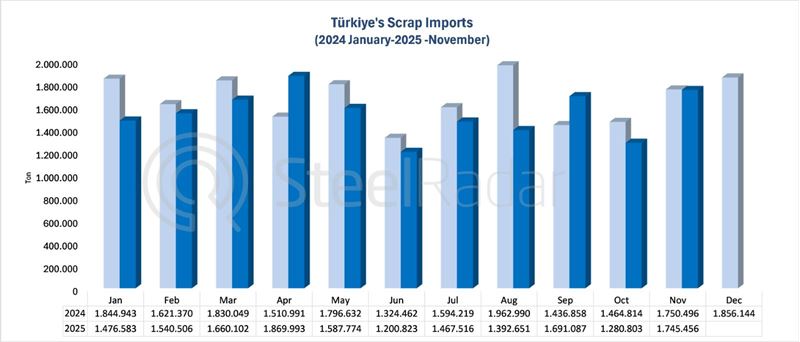


Comments
No comment yet.